Germany’s vocational training system is frequently described as a key pathway to integration for young asylum seekers. Yet recent reporting shows that even individuals who meet all legal requirements and follow the rules can still face deportation -- at times without warning and in spite of the protections that the law is meant to guarantee.
Germany faces a chronic shortage of skilled workers, especially in care work, hospitality, and technical trades. To address this, lawmakers introduced the "Ausbildungsduldung" in 2019 -- temporary protection from deportation for rejected asylum seekers who begin a vocational apprenticeship.
The goal was simple -- anyone who starts a recognized training program should be able to finish it. Businesses supported the reform, hoping for stability, and the policy was designed to offer clarity to both trainees and employers.
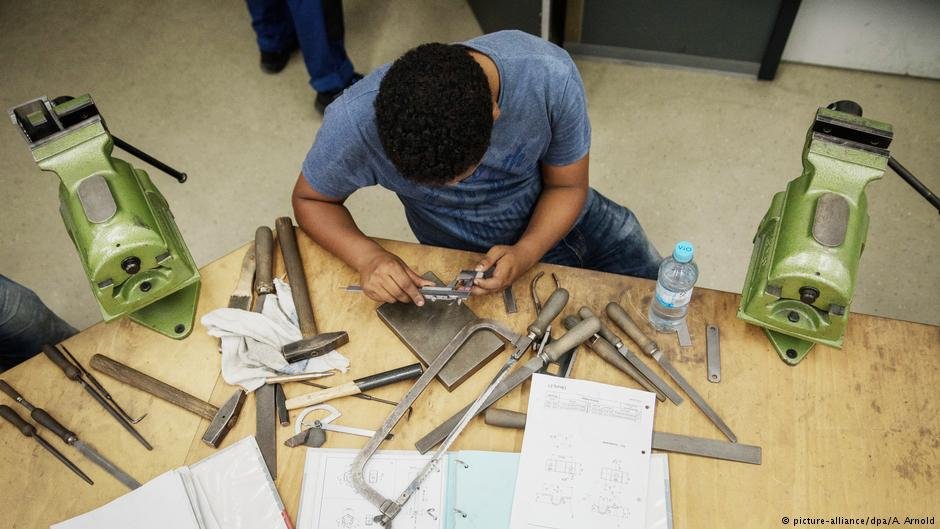
But a recent investigation by German public broadcaster NDR and Tagesschau reveals a growing disparity between the law and how it is applied across the country. The number of people protected by an Ausbildungsduldung has been falling year after year, even though demand for workers continues to rise. According to the report, only a small fraction of rejected asylum seekers in training are now protected -- far fewer than in 2021. In some regions, the rate has dropped below one percent.
Read AlsoGermany: Skilled workers welcomed, as integration rules tighten
A student deported despite being legally protected
NDR also focused on personal stories, like that of Milena, a 19-year-old from Armenia who lived with her family in the north-eastern state of Mecklenburg-Vorpommern. After fleeing in late 2022, the family integrated quickly -- they learned German, found work and a home, and Milena began training as a nursing assistant, scoring top marks in school.
Even after her asylum claim was rejected, she believed she could continue her program. The law states clearly that trainees must not be deported during their apprenticeship as long as they meet certain requirements. According to legal experts, she met all of them.
But when she went to a routine appointment at the immigration office, she was met by police officers and deported alone to Armenia. She had never received a written decision explaining why the protection she was entitled to had been denied, according to NDR.
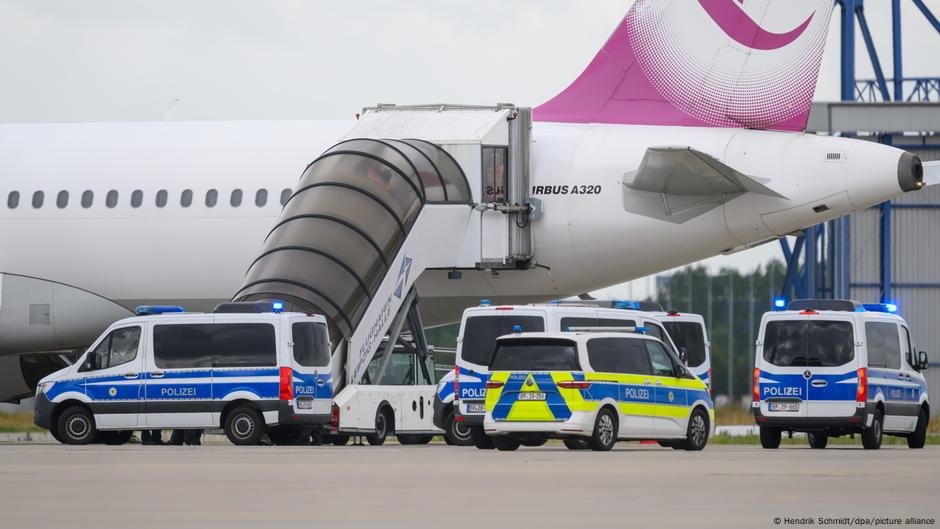
The investigation found that her case is far from unique. Legal experts described practices in which immigration authorities rely on verbal communication instead of written decisions, making it almost impossible to appeal. Some districts rarely issue an Ausbildungsduldung at all. Instead, they give people a short-term "Duldung" -- temporary protection, which does not protect against deportation.
Read AlsoGerman Interior Minister: 'My migration course is tough'
Bavarian Refugee Council: 'We see the same problems in Bavaria'
These inconsistencies are not confined to the north of Germany. Stephan Dünnwald of the Bavarian Refugee Council told InfoMigrants that the patterns described in the NDR report reflect what he and his colleagues are seeing across the southern state of Bavaria.
"We can confirm several of the problems described in the report for Bavaria as well," he said. "The Ausbildungsduldung was introduced at the request of businesses that wanted to train refugees but also needed legal certainty. But public debate has shifted away from residence prospects and toward more deportations -- irrationally so. As a result, it has become increasingly difficult to secure residence prospects, including the Ausbildungsduldung."

According to Dünnwald, some immigration offices delay decisions for months or reject applications based on arguments that do not hold up when examined. He described the case of a young man from Turkey whose application was rejected because the authorities claimed he had not clarified his identity in time. Yet the federal asylum office had already confirmed that he submitted his Turkish ID when he was first registered in Germany. "That should count as timely and sufficient identification," Dünnwald said. "But he still does not have his Ausbildungsduldung."
Instead, the young man holds a regular temporary protection, meaning he can be deported at any time.
In another case, Dünnwald said, a refugee in the third year of his apprenticeship had his training permission revoked without proper explanation. The immigration office even reported him and his employer to the police. He was later deported -- only two months before his final examination.
Read AlsoEssential, but uncertain: Refugees and Bavaria’s labor gap
Challenges even before training begins
The NDR investigation also shows that problems increasingly arise before a trainee even reaches the stage of applying for an Ausbildungsduldung. Dünnwald said his organization documented more than half a dozen recent cases in which immigration offices refused to grant training permission to people still in the asylum process. Some offices justified refusals by predicting that the asylum claim would likely be denied or by incorrectly asserting that the applicant came from a safe country of origin.
"Turkey, for example, is not classified as a safe country of origin," Dünnwald emphasized.

Many asylum seekers are not aware of their rights, and immigration offices often fail to inform them, even though they are legally obliged to do so, says Dünnwald. He also noted significant differences within Bavaria itself -- Munich, he said, tends to be more consistent in informing applicants, while rural districts often fall short. Counseling centers remain limited, leaving many people without access to advice.
Read AlsoDeportation pressure undermines refugee job integration, warns Bavarian Refugee Council
Opaque procedures and overstretched offices
Lawyers interviewed by NDR said that applications and rejections are often communicated verbally, with no written record placed in the file. Without paperwork, people cannot challenge decisions in court, and there is no transparency about why a permit was refused.
Inside the immigration offices, former employees describe a system under intense pressure. Processing a formal Ausbildungsduldung requires lengthy written reasoning. Some offices, already overwhelmed, opt for quicker solutions -- such as issuing a general Duldung -- even if it contradicts the intention of the law.
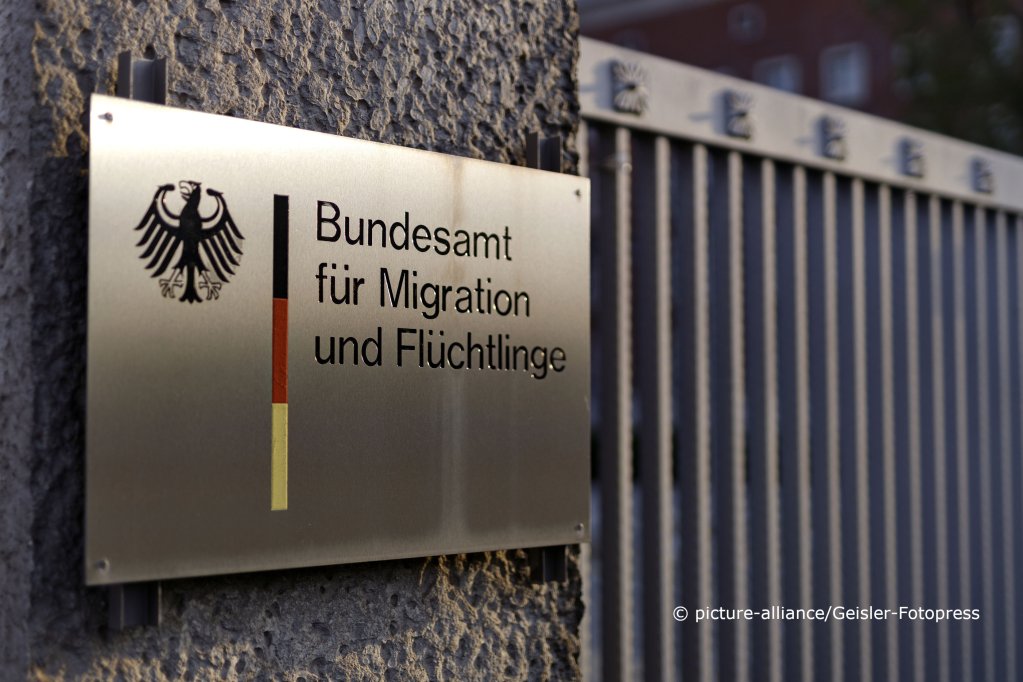
Dünnwald acknowledges the strain. "Many immigration authorities are completely overburdened. The poor quality also stems from that," he said. But he insists that administrative difficulties cannot excuse the failure to inform people of their rights. "Authorities must meet their legal duty to inform. And society needs to restore legitimacy to the idea of residence prospects again."
Read AlsoTen years since the 2015 migration movements (4/5): Munich between promise and pressure
Identity barriers and state-level restrictions
One of the biggest hurdles is the requirement that applicants prove their identity within six months. People fleeing conflict or persecution often arrive without passports, and many cannot easily obtain new documents. Birth certificates or alternative papers are often rejected. This alone bars many from accessing an Ausbildungsduldung.
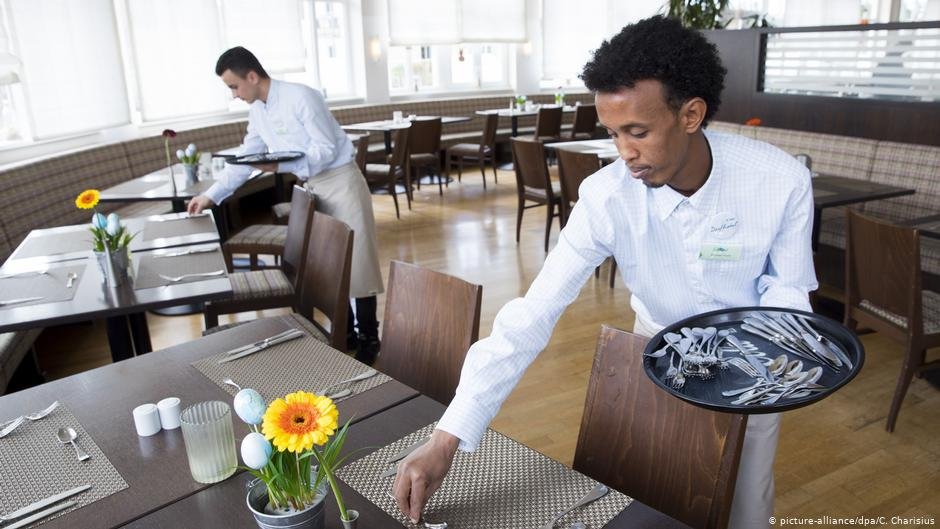
In Bavaria, the situation is even more restrictive, explains Dünnwald. The state generally allows people to start training only while their asylum case is still active. Once the asylum claim is finally rejected, training permission is typically no longer granted, even though federal law was designed to support training paths after rejection.
Read AlsoHow can Germany make immigrant nursing staff want to stay?
What is at stake?
Germany continues to discuss how to attract skilled workers, how to reduce bureaucratic hurdles, and how to strengthen integration. At the same time, refugees who have already committed to vocational paths -- often in sectors facing critical shortages -- are removed from the country before they can qualify.
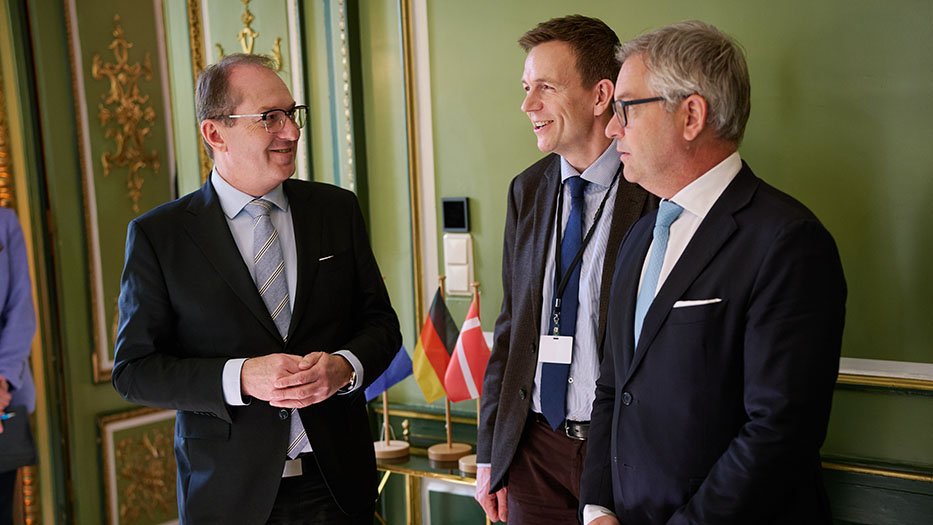
"The push for harsher and faster deportations ends up harming precisely those who cooperate with authorities and actively contribute to society," Dünnwald said.
Watching the NDR report, seeing Milena’s empty room -- her training books still on the desk, the stuffed animals left behind -- symbolizes the contradiction at the heart of the system. A law created to provide stability now depends on where a person lives and which office handles their case. Until the protections promised on paper are delivered in practice, more trainees may see their futures dismantled just as they begin to build them -- while the German economy continues to feel the consequences of a lack of qualified workers, just as its population is ageing and its pension system is creaking and causing political earthquakes within the governing coalition, and across the political spectrum.
Read AlsoGerman chancellor urges Ukraine to curb male refugee numbers
